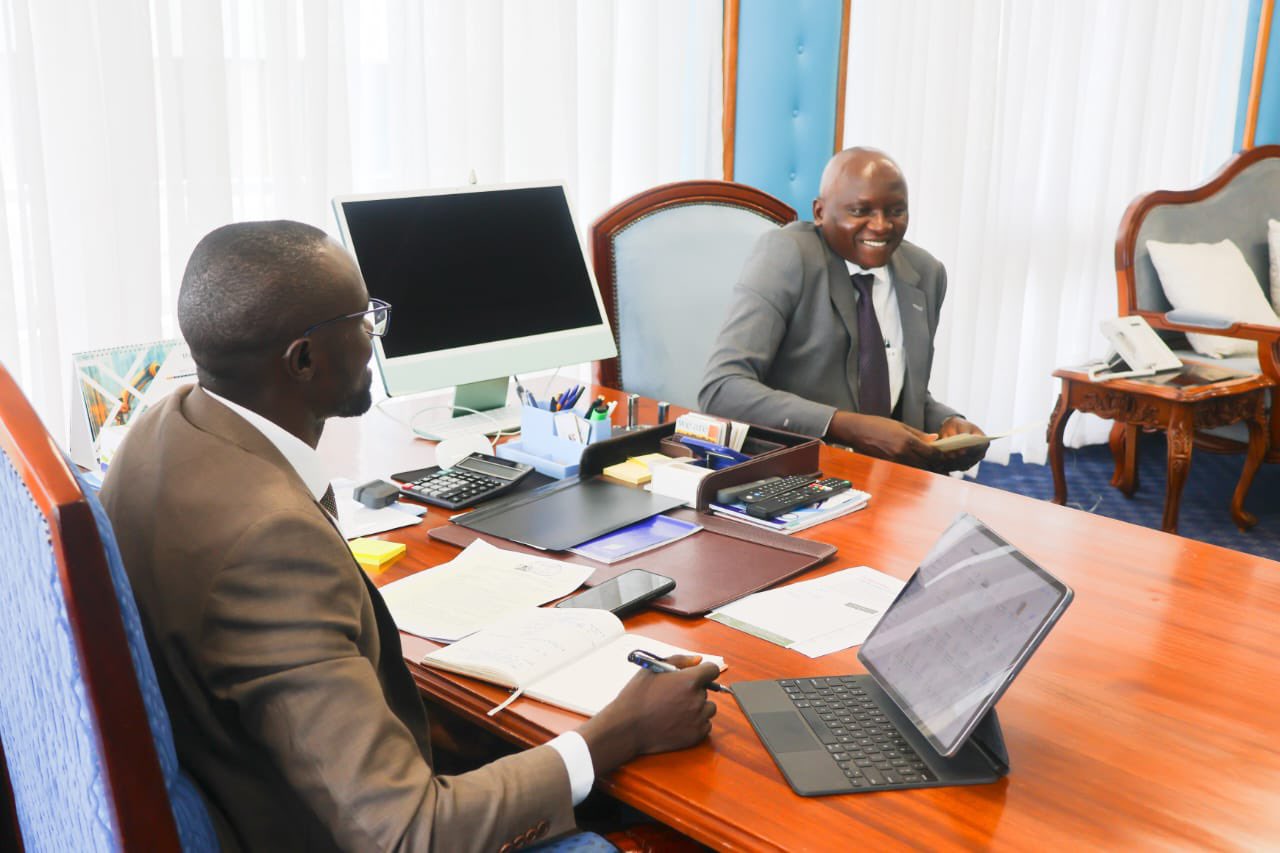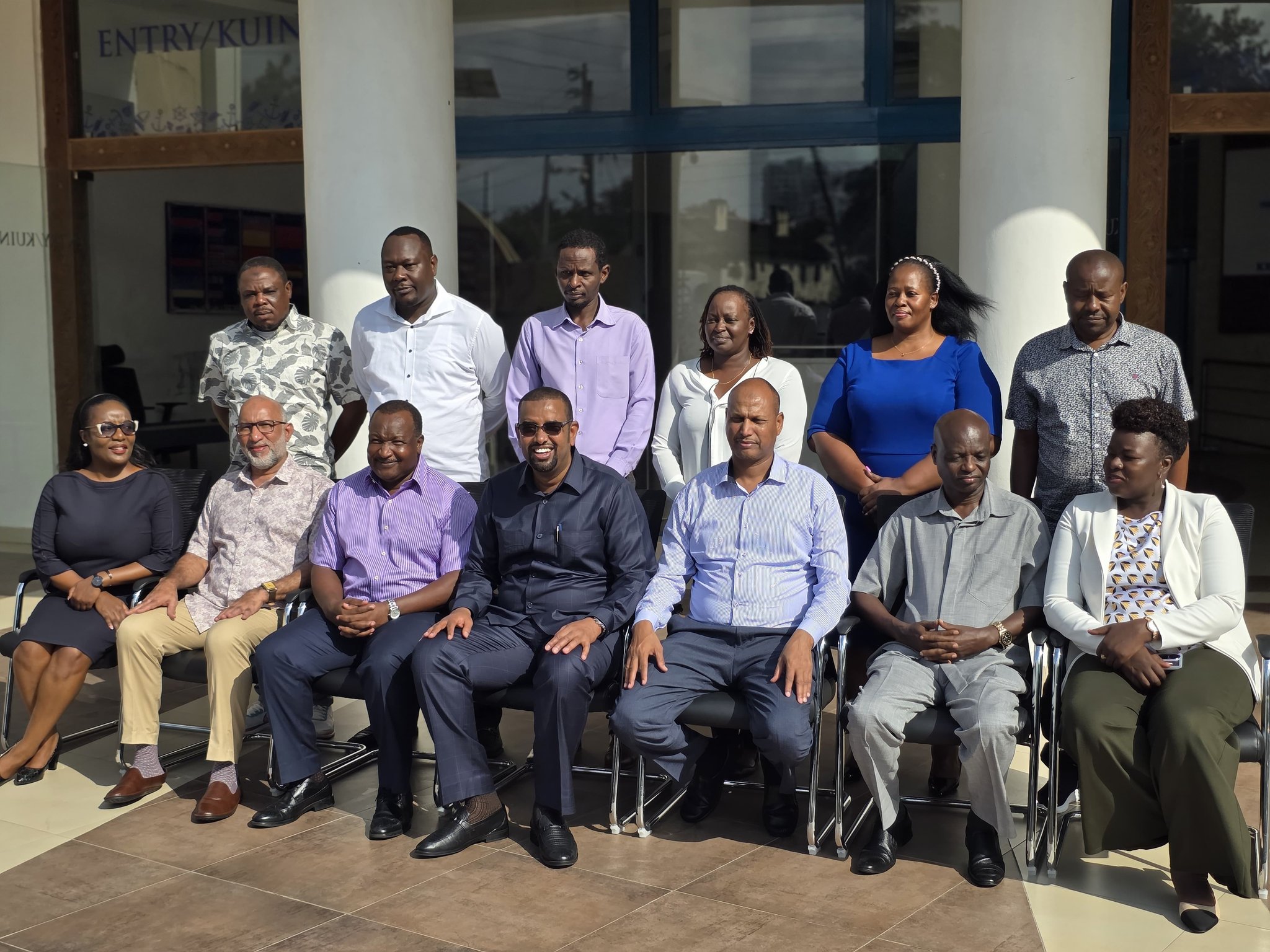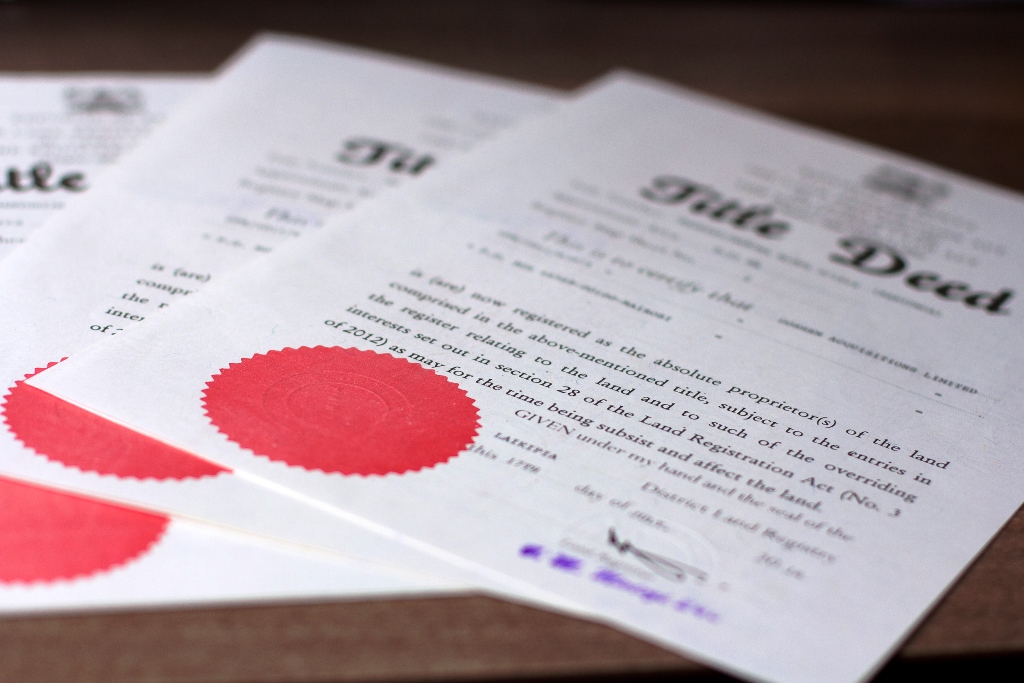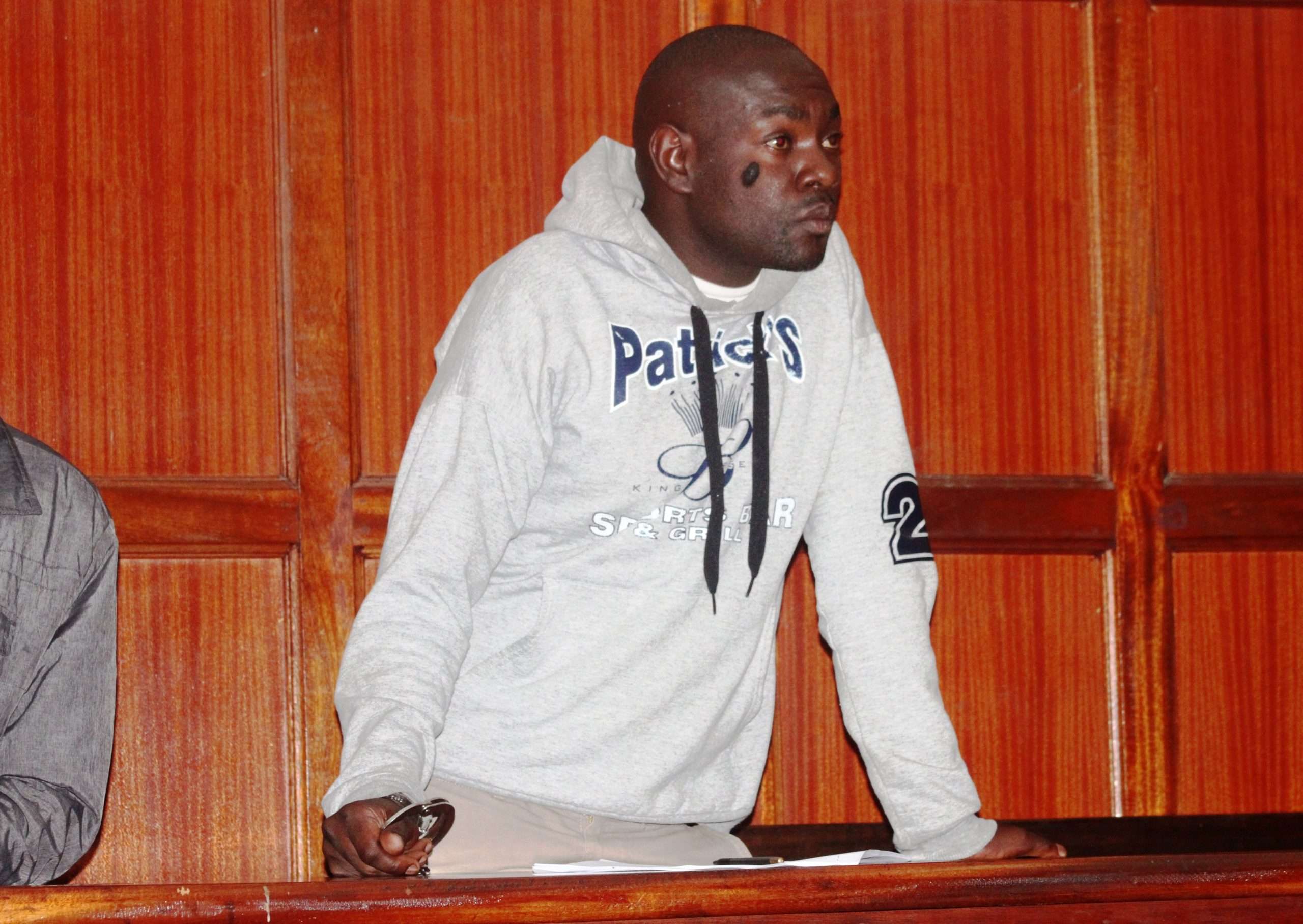By The Weekly Vision News Desk
Kenya’s debt crisis has been thrust into the spotlight once again after the Auditor General flagged 35 State-Owned Enterprises (SOEs) that continue to receive government-backed loans despite long-standing defaults amounting to billions of shillings.
To unlock the full article:
Choose one of the options below:
- Ksh 10 – This article only
- Ksh 300 – Monthly subscription
- Ksh 2340 – Yearly subscription (10% off)
In the 2023/2024 financial year, the Auditor General revealed that the SOEs have accumulated loan discrepancies worth Sh2.95 billion, with seven agencies singled out as the worst offenders. Some of them have defaulted on repayments between two and eight times since 2011, when their first installments fell due.
Among the biggest culprits is the Athi Water Works Development Agency, which has defaulted eight times on a loan of Sh35.4 billion. Others include the Central Rift Valley Water Works Development Agency (Sh2.79 billion, defaulted three times), the Coast Water Works Development Authority (Sh2.5 billion, defaulted three times), and the Lake Victoria North Water Works Development Agency (Sh4.4 billion, defaulted three times).
The National Water Harvesting and Storage Authority and the Water Works Development Agency have also each defaulted three times on loans worth Sh1.89 billion and Sh4.1 billion, respectively. The Tana Water Works Development Agency failed once on a loan of Sh3.7 billion.
According to the Auditor General, total loans advanced to the 35 SOEs by 30th June 2024 amounted to Sh874.9 billion, representing 17 per cent of Kenya’s total external debt stock of Sh5.12 trillion.
“The repeated defaults on on-lent loans have not only weakened the financial health of the SOEs but shifted the repayment burden to the National Government, thereby increasing fiscal pressure on public debt servicing,” reads part of the report.
The ripple effects have been severe. With SOEs unable to repay, the government has been forced to seek additional financing through borrowing, while simultaneously slashing budgets across key ministries and agencies.
Even more worrying, the report reveals serious governance lapses in loan negotiations. The Department of Government Investments and Public Enterprises (D-GIPE), which is mandated to provide fiscal oversight over SOEs, was completely sidelined during the negotiation and pre-negotiation stages of loans.
A review of loan files at D-GIPE showed that no credit risk assessments were conducted to evaluate the repayment capacity of the SOEs before funds were advanced. Instead, negotiation committees and SOEs relied largely on Project Appraisal Documents (PADs), which focus on project viability rather than the financial health of the borrowing institutions.
Officials at D-GIPE disclosed that their role was limited to drafting subsidiary loan agreements after negotiations had already been concluded, essentially rubber-stamping deals that had not undergone adequate financial scrutiny.
This omission, according to the Auditor General, meant that loans were disbursed to entities with weak financial standing and poor repayment records, inevitably fuelling a vicious cycle of loan defaults and rising national debt.
The findings raise fundamental questions about Kenya’s debt management practices and the accountability of parastatals that appear insulated from the consequences of repeated loan defaults. With taxpayers ultimately footing the bill, the government now faces mounting pressure to overhaul oversight mechanisms for State-Owned Enterprises before the country’s debt position deteriorates further.
[/full]




